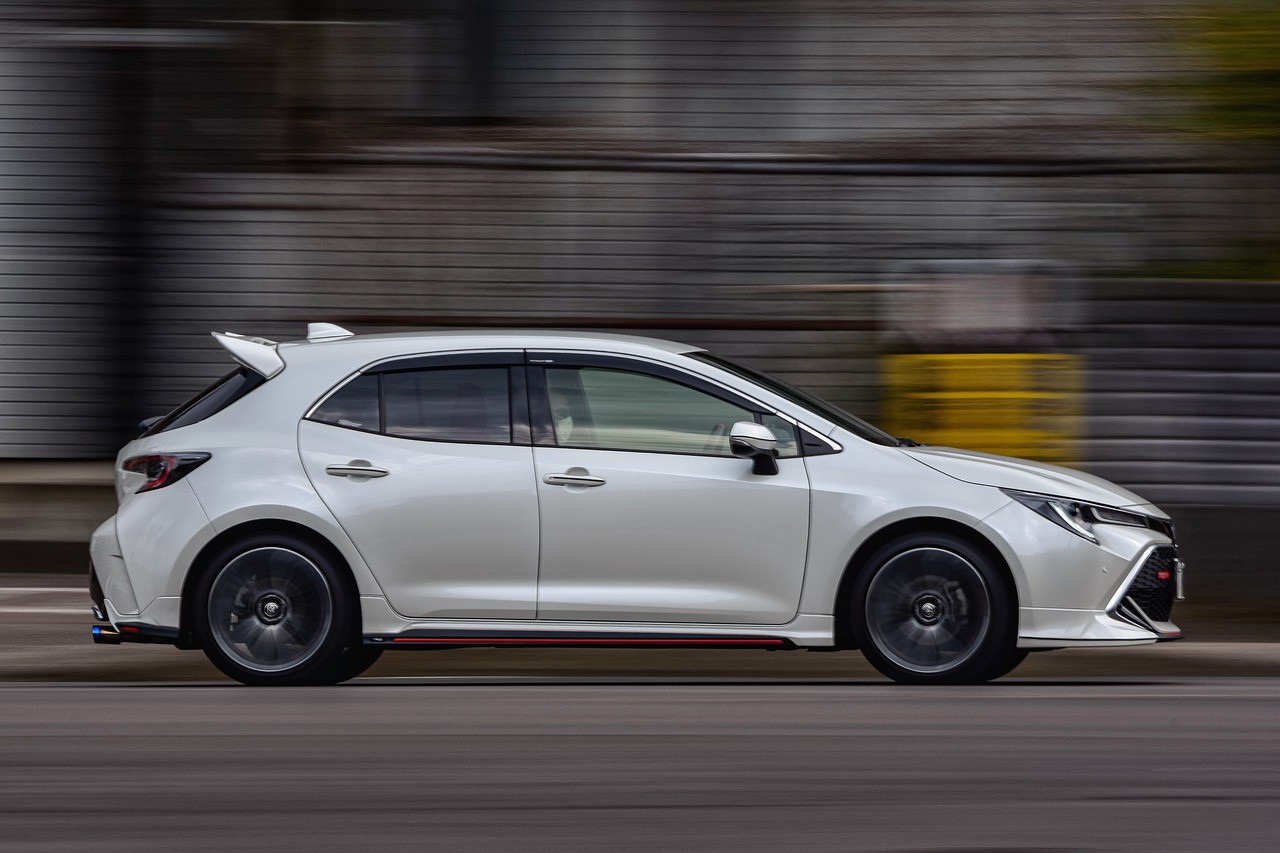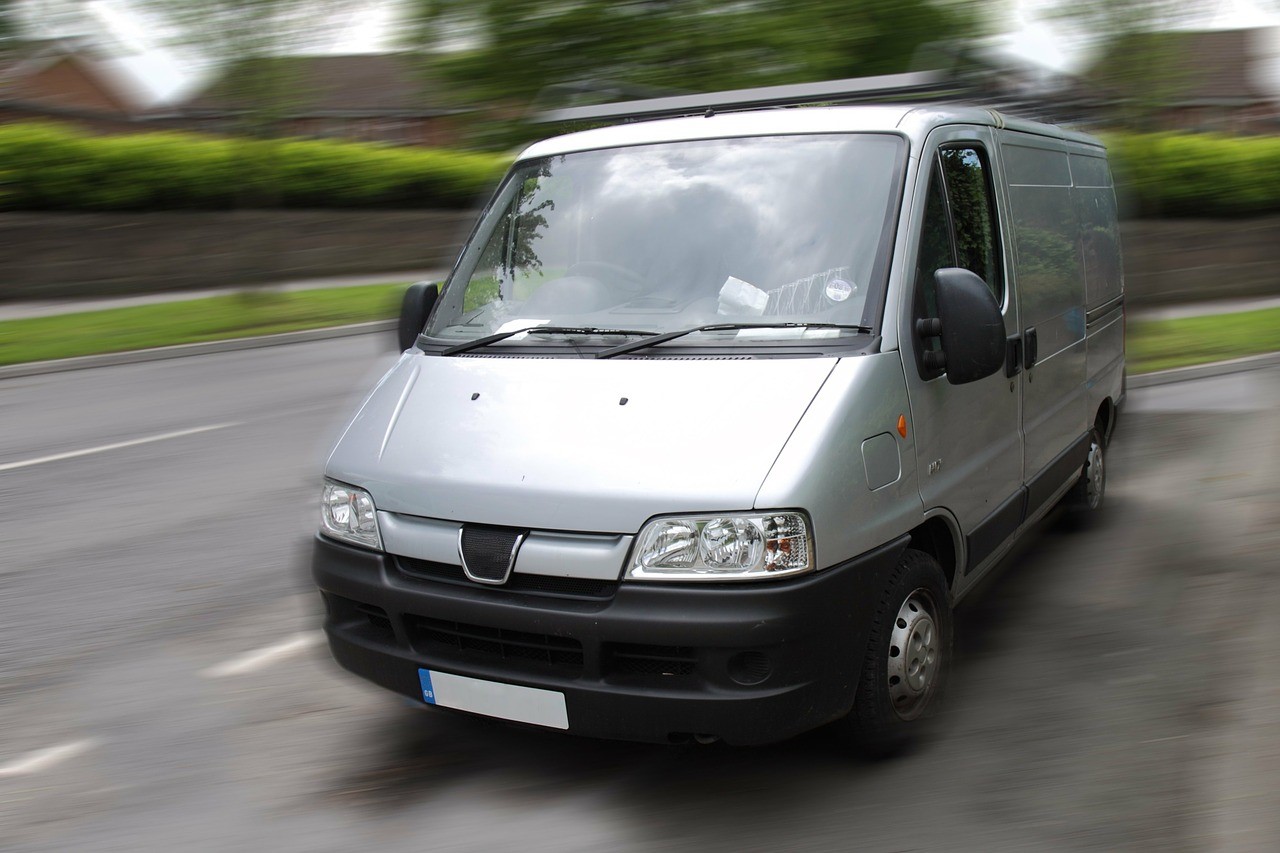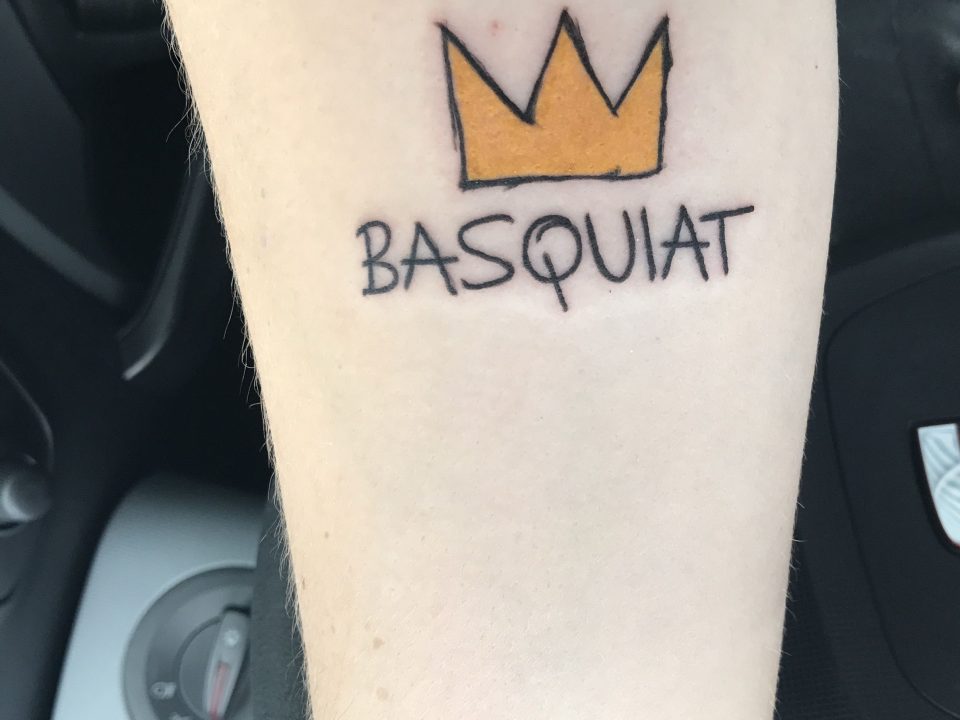
How to make the most out of using Excel
April 6, 2020
5 Big Auto Insurance Mistakes to Avoid
April 8, 2020If you are an owner of a small business, you’re going to realize very soon that you may need multiple types of business insurance. Every business is different from one industry to the next and, no matter the field or industry in which you participate, there are an inherent number of possible risks and threats to the successful operation of your enterprise.
But holding the right policy is essential for protecting yourself and everything that you have worked so hard to build all of this time. Having the right types of insurance for your business means you are completely covered should anything happen that could put your company at risk.
So, what type of insurance do you need? Let the insurance doctor walk you through the many types of coverage options that are available and you can decide which one are applicable to the type of business you own. There is no one-size-fits-all approach to maintaining a smart and sensible insurance policy for every type of business out there. It’s up to you decide which coverage is best for the business you own.
The following are some of the most common types of business insurance that exist. Review these options and you can begin to create the best policy for you.
Table of Contents
ToggleLiability Insurance
This type of coverage is owned by almost every business today. That’s because it’s the coverage you depend on to protect you, your product or service, and your company should you be named in a lawsuit related to a number of scenarios.
If a customer sues you because your company, product, or service caused them harm in some way or their property was damaged or destroyed due to some form of negligence on the part of you or a representative of your business, your liability coverage could pay for any damages or judgments against you in a court of law, up to the limits set forth in your policy. Your insurer may also cover legal fees, court costs, and other expenses incurred to defend yourself against a claim.
Property Insurance
You want this coverage if you own any property related to the operation of your business. This is the part of your policy that covers any expenses incurred due to a loss, damage, or destruction of your property by any of the perils that are listed in the policy. These typically include things like fire, vandalism or theft.
What isn’t included are perils such as earthquakes or flood. If you want protection against these threats, you will need to purchase additional coverage for your policy.
As for the property that is covered by this type of policy, it includes the physical building where your office is located as well as any personal and company property that might be placed inside of it. This refers to product inventory, materials, equipment, even your computers and servers. Pretty much anything that is used during the normal operation of your business.
Workers Compensation
If you run a business and hire employees on a full-time or even part-time basis, you are going to need to have workers comp. However, the laws of each state governing workers compensation insurance vary from one state to the next so be sure to check with the laws in your state to find out what mandates or statutes are in place.
A worker’s compensation policy protects you in the event any of your employees becomes injured or ill while on the job. Coverage will pay for any medical costs, lost wages, and rehabilitation expenses should they be required. In the event an employee is killed while working in your employ, the policy pays benefits to the next of kin as per the limits outlined in your coverage.
Business Automobile Insurance
Any business where one or more vehicles are being used in conjunction with the operation of that business will need to hold some kind of coverage for these vehicles. This policy is very similar to that which you probably hold on your personal automobile, only this coverage pays out to third parties who may sustain a loss or injury due to the actions of you or one of your employees behind the wheel of that vehicle.
This type of coverage can also extend to vehicles owned by employees when they are used on behalf of the company. However, this insurance is only applicable during normal, everyday business hours and it is no longer applicable as valid coverage when the vehicle is not being used for business purposes.





